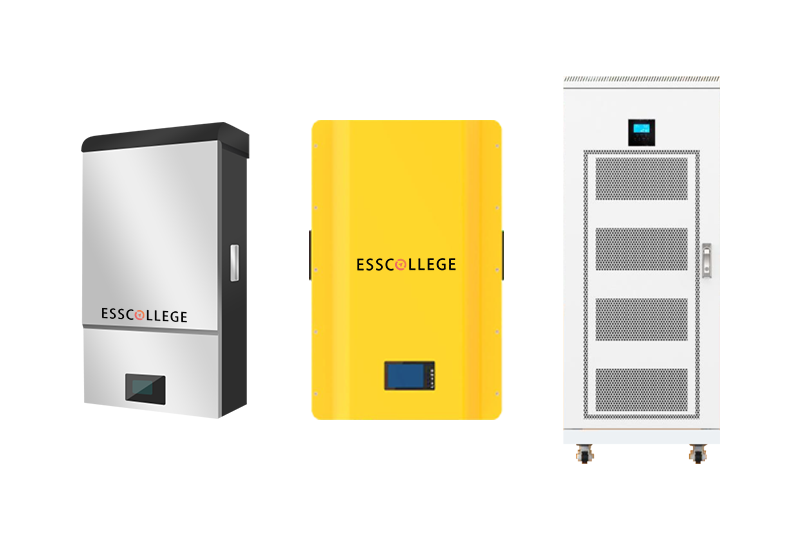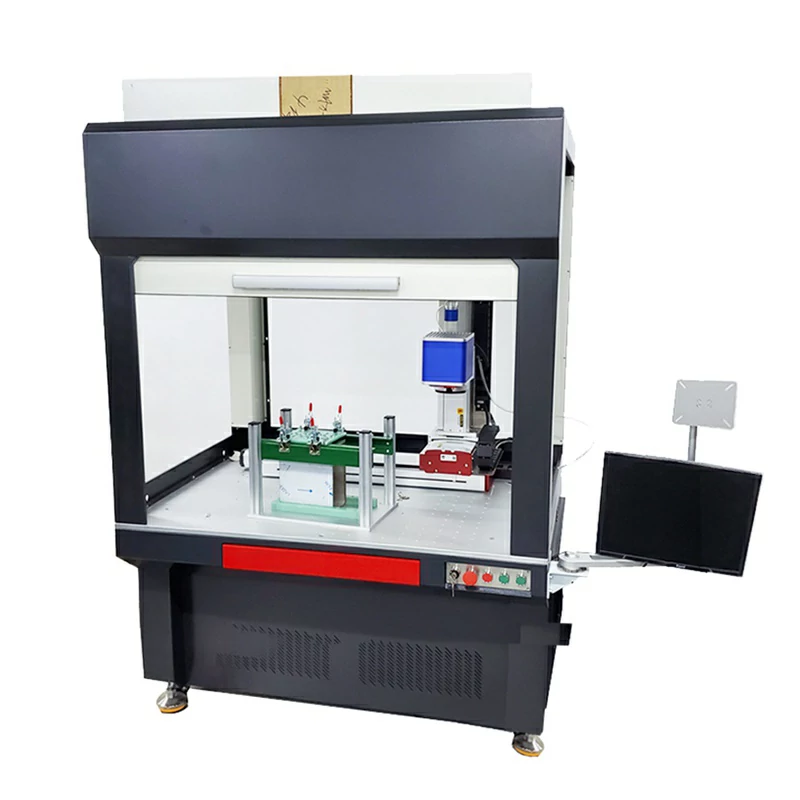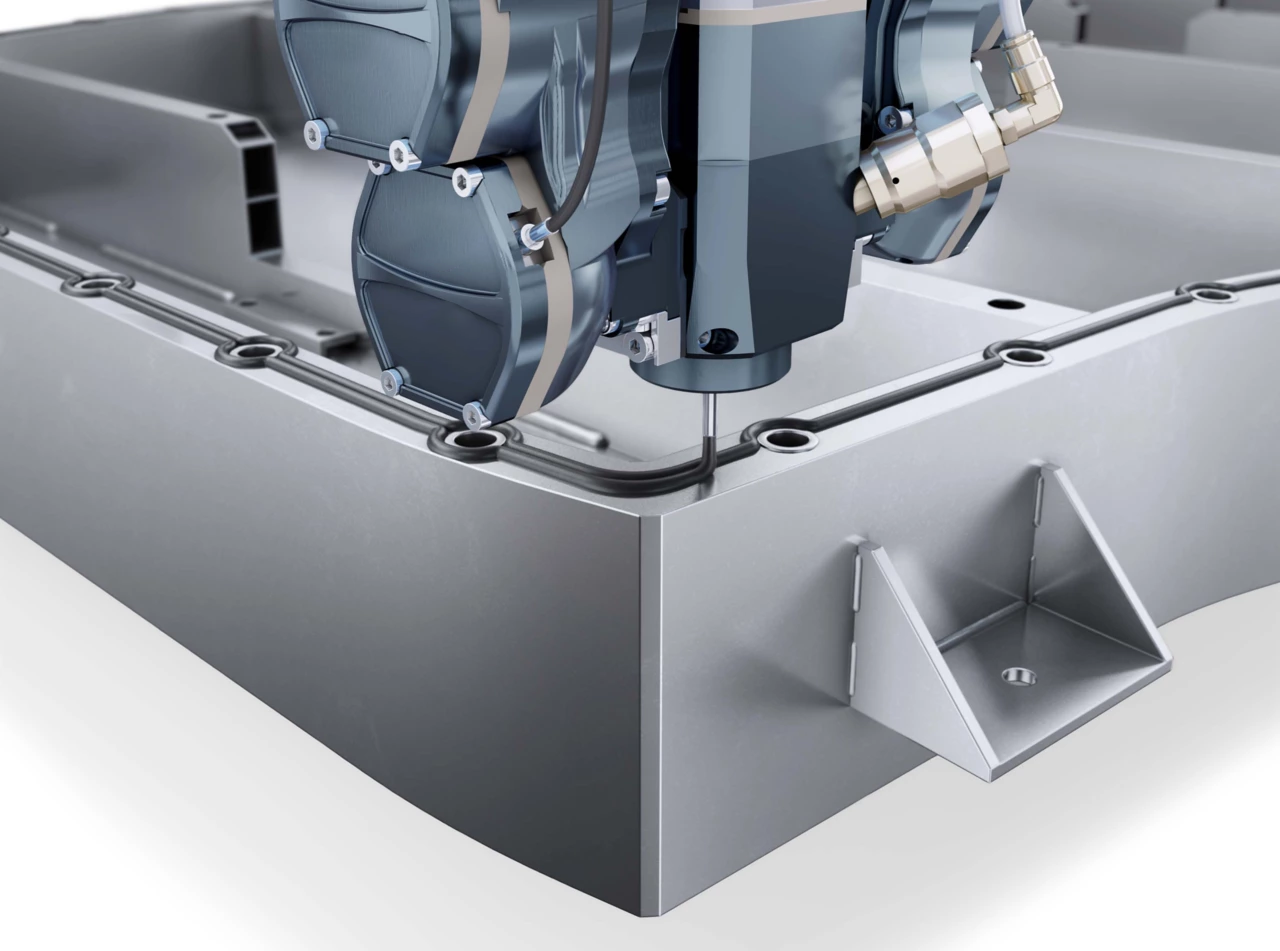How to test the voltage drop of a single battery...
The energy density of the battery pack
The energy density of battery pack is one of the important indicators of battery performance, which directly affects the performance of battery in practical applications. With the rapid development of electric vehicles, renewable energy storage and portable devices, the improvement of energy density has also become a key direction of battery technology progress. In this paper, the definition, classification, measurement method, influence factors and importance in practical application of the energy density of battery pack will be introduced in detail.
definition
Energy density usually refers to the amount of energy that can be stored per unit volume (volumetric energy density) or per unit mass (mass energy density). It is usually expressed in watt-hours per liter (Wh/L) or watt-hours per kilogram (Wh/kg). Higher energy density means that the battery can store more energy for the same volume or mass, which is especially important for portable devices, electric vehicles and other applications.
Energy Density by Mass: refers to the energy that can be provided by the battery per unit mass, and is calculated as follows.
[\ text (Wh/kg)} {quality energy density = \ frac {\ text energy (Wh)} {} {\ text quality (kg) {}}]
Energy Density by Volume: refers to the energy that can be provided by the battery per unit volume, and is calculated as follows.
[\ text (Wh/L)} {the volume energy density = \ frac {\ text energy (Wh)} {} {\ text volume (L) {}}]
Importance of energy density
Range capability: For evs and other electric devices, higher energy density means longer range and less charging frequency.
Size and weight: In portable electronic devices, the increase in energy density can reduce the size and weight of the battery, making the device more portable.
Cost effectiveness: In large energy storage systems, increased energy density can also help to reduce material and transportation costs and improve the economics of storing energy.
Measurement of energy density
The energy density of a battery is usually calculated from experimental measurements. The measurement process includes:
Charging and Discharging tests: Standard charging and discharging tests are performed on the battery to determine its energy capacity.
Mass and volume measurement: Perform accurate mass and volume measurement of the battery pack.
Mass and volume measurement: Perform accurate mass and volume measurement of the battery pack.
Calculation of energy density: Based on the obtained data, the mass energy density and volume energy density are calculated using the above formula.
In addition, organizations such as the International Electrotechnical Commission (IEC) have developed some standards and specifications for unifying the measurement methods of battery energy density.
Factors affecting energy density
The energy density of a battery is affected by many factors, including:
Battery chemistry: Different types of batteries have different energy densities. For example, the mass energy density of lithium-ion batteries is generally higher than that of lead-acid batteries.
Battery design: The structural design of the battery, including the material choice of the electrode, the use of the diaphragm, etc., will affect its energy density.
Production process: The manufacturing process of the battery, the purity and consistency of the material, etc., will directly affect the performance of the final product.
[\text{Rated energy} = \text{Capacity} \times \text{Voltage} = 2Ah \times 3.7V = 7.4Wh]
Environmental factors: Environmental conditions such as temperature and humidity may also affect the energy density of the battery. For example, the performance of some batteries may degrade in high temperature environments.
Application area
Application area
In renewable energy applications, increased energy density helps to reduce the required battery capacity and store electricity from solar and wind more efficiently.
Electric vehicles
In the EV industry, improving energy density has become a top priority for engineers and researchers. The high energy density battery pack not only improves the range, but also reduces the overall weight of the vehicle.
Wearable devices
Wearable devices such as smart watches and fitness trackers have very high battery requirements. The high energy density can enable these devices to maintain excellent battery life while maintaining a small design.
Consumer electronics
Mobile phones, laptops, and other consumer electronics, while constantly striving for thineness, also rely on high energy density batteries for longer life.
Conclusion
The rated energy of the battery pack is an important indicator to evaluate the battery performance, which directly affects the endurance and operation efficiency of the equipment. By understanding the concept of rated energy as well as the influencing factors, users can better select and manage battery packs to meet the needs of different applications.
The energy density of a battery pack is an important indicator to measure its performance, which directly affects the endurance, weight and economy of the device. With the continuous development of technology, improving energy density will be an important trend in the battery industry, which will not only promote the development of electric vehicles, renewable energy storage and consumer electronics, but also provide more vivid solutions for sustainable energy utilization. Understanding energy density and its influencing factors can help users and engineers make more informed battery choices, thereby improving product competitiveness and reliability.

Home energy storage product series
A lithium battery pack for home energy storage systems, which is compatible with solar panels and the sun The inverter can work together with the power grid to power household appliances, and it can also be used as a For off grid systems.
Extended reading
Introduction of sealing material for joint parts of battery shell
Introduction of sealing material for joint parts of battery shell...
THE ESSC Brand promise
Global supply
Our products sell well all over the world, covering many countries and regions, through the global logistics network, to provide customers with convenient purchasing experience.
Rigorous quality
We adhere to the highest quality control standards to ensure every product meets industry regulations and customer expectations, earning trust through consistent excellence.
Excellent service
With a customer-centric approach, we provide prompt responses, professional support, and personalized services, aiming to deliver the best user experience and long-term value.


